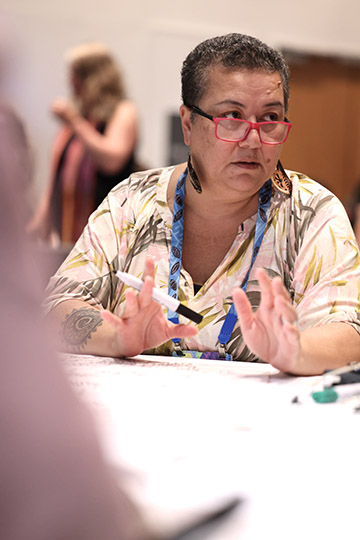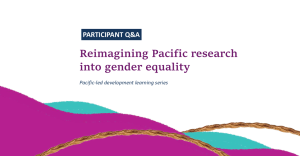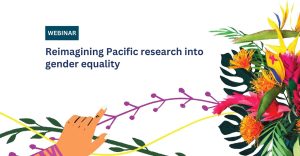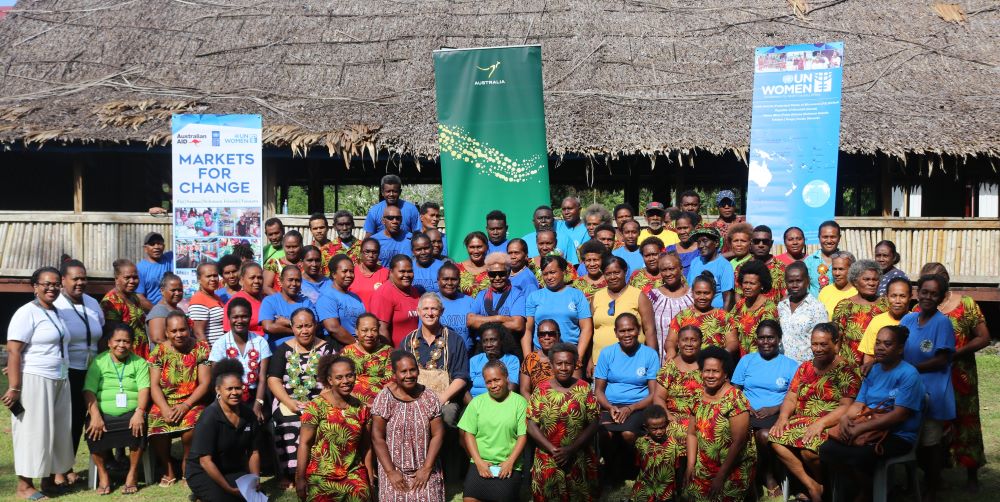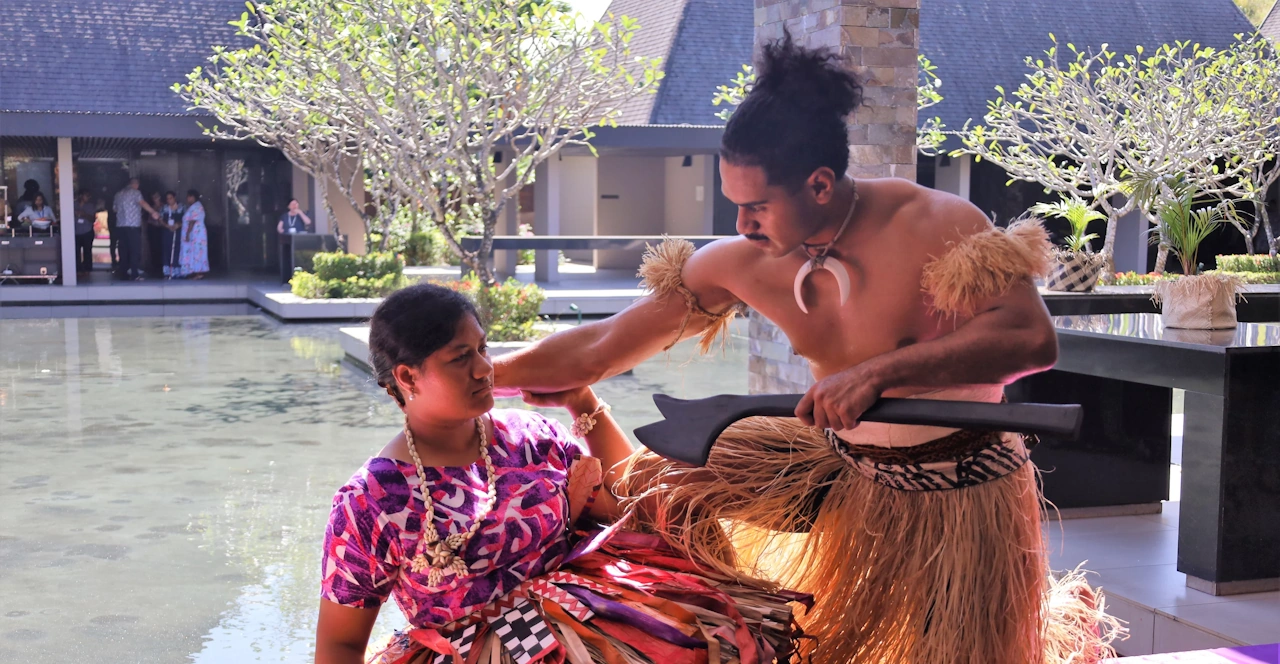Pacific Women Pave the Way for Gender- Responsive Resilience
30 September 2022Suva, Fiji – Pacific women have paved the way for delivering gender-responsive and inclusive disaster risk reduction and resilience at the Asia Pacific Ministerial Conference on Disaster Risk Reduction (APMCDRR) in Brisbane, Australia.
The regional conference was held last week, from 19th – 22nd of September for the first time since the COVID-19 pandemic started and brought together stakeholders from across Asia and the Pacific, to discuss how to transform the region’s future and move from coping with crises to building resilience. The conference was convened by UNDRR in partnership with the Australian Government.
Through the Women’s Resilience to Disasters (WRD) programme, UN Women and the Australian Government supported a nine person delegation from across Fiji, Kiribati, and Vanuatu to attend the conference, and advocate for gender-responsive disaster risk reduction governance including women’s meaningful participation and leadership.
Makereta Konrote, Gender and Disaster Risk Reduction Consultant from UN Women, said Pacific women leaders were active in advocating for gender inclusion during the conference, which is reflected in the conference Co-chairs’ Statement.
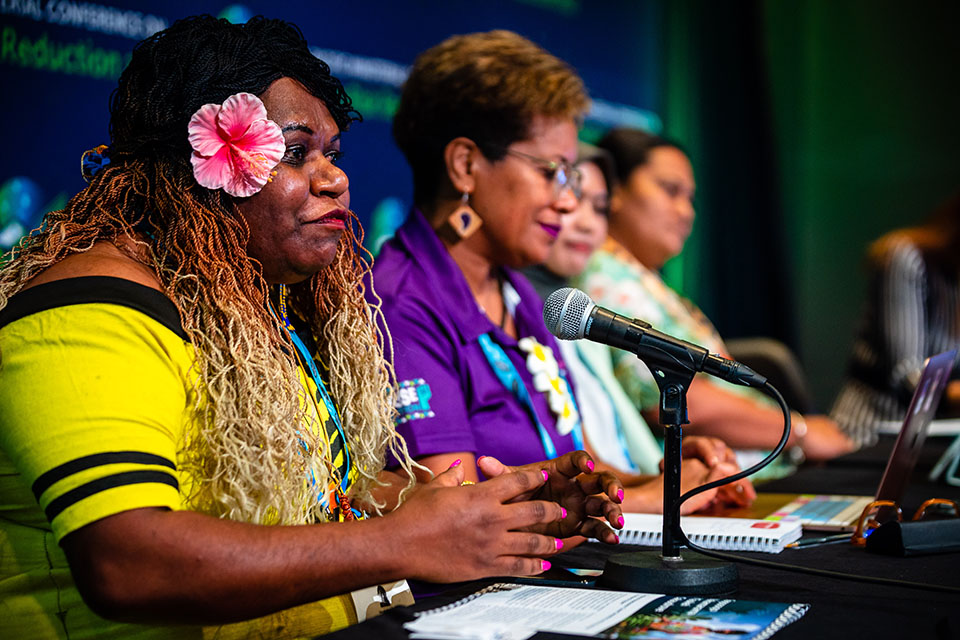
The statement calls for a people-centred, gender-transformative, disability-inclusive, and human rights-based approach to disaster risk reduction, which “promotes and supports diverse participation and the leadership of women, youth, and persons with disabilities.”
Rahel Steinbach, the WRD Programme Coordinator from UN Women, said the conference made it possible for Pacific women and gender champions to connect, to discuss challenges and identify opportunities.
“The conference has reminded me of the importance of collective power and partnership and really connecting between communities, at the national, regional and global levels and the influence that this can have.”
Gender sessions before and during the conference, including a gender champions meeting and sessions on gender transformative risk reduction, addressing the risk faced by LGBTIQ+ people and people with Diverse SOGIESC (sexual orientation, gender identity, gender expression and sex characteristics), and realising women’s leadership for resilience, confirmed the need for women to be at the centre of decision making and for delivering gender-transformative action.
James Gilling, now former First Assistant Secretary of the Humanitarian Partnerships Division for the Australian Department of Foreign Affairs and Trade (DFAT), which funds the WRD programme, reiterated that the conference provided a platform for elevating Pacific women’s voices, and opportunities for networking and forming partnerships.
“This was the first time the conference included the full participation of Pacific Island countries and to have Pacific women leaders bringing their knowledge, expertise and experience was critical for bringing attention to the differing needs of diverse communities,” he says.
“We will continue to work alongside our Pacific family to support gender transformative disaster risk reduction.”
